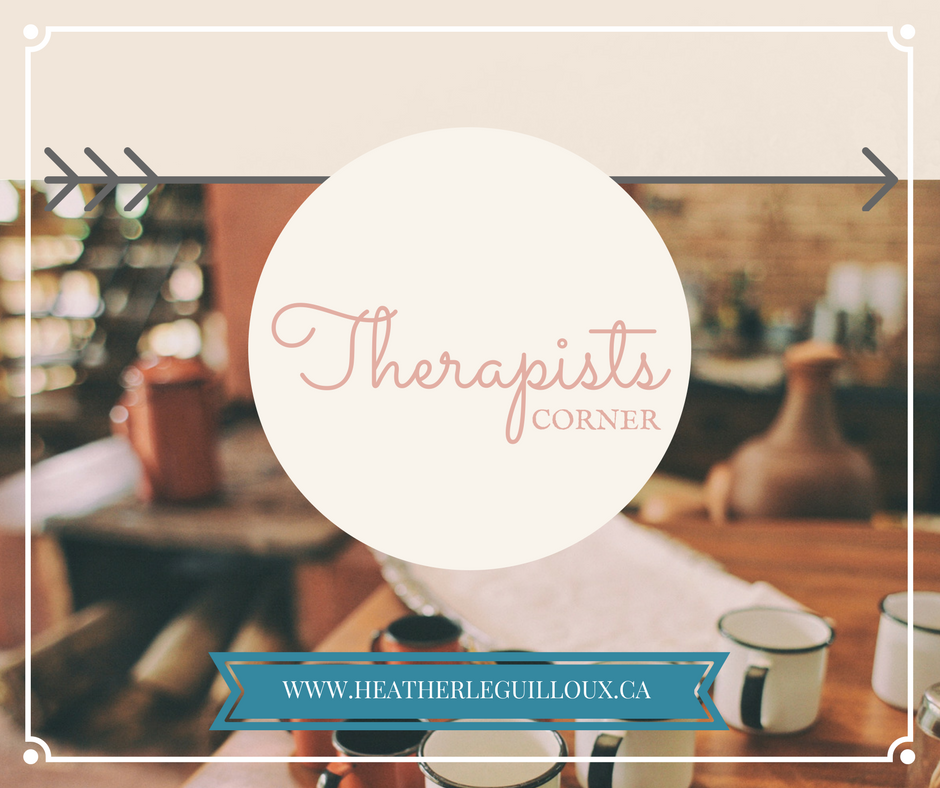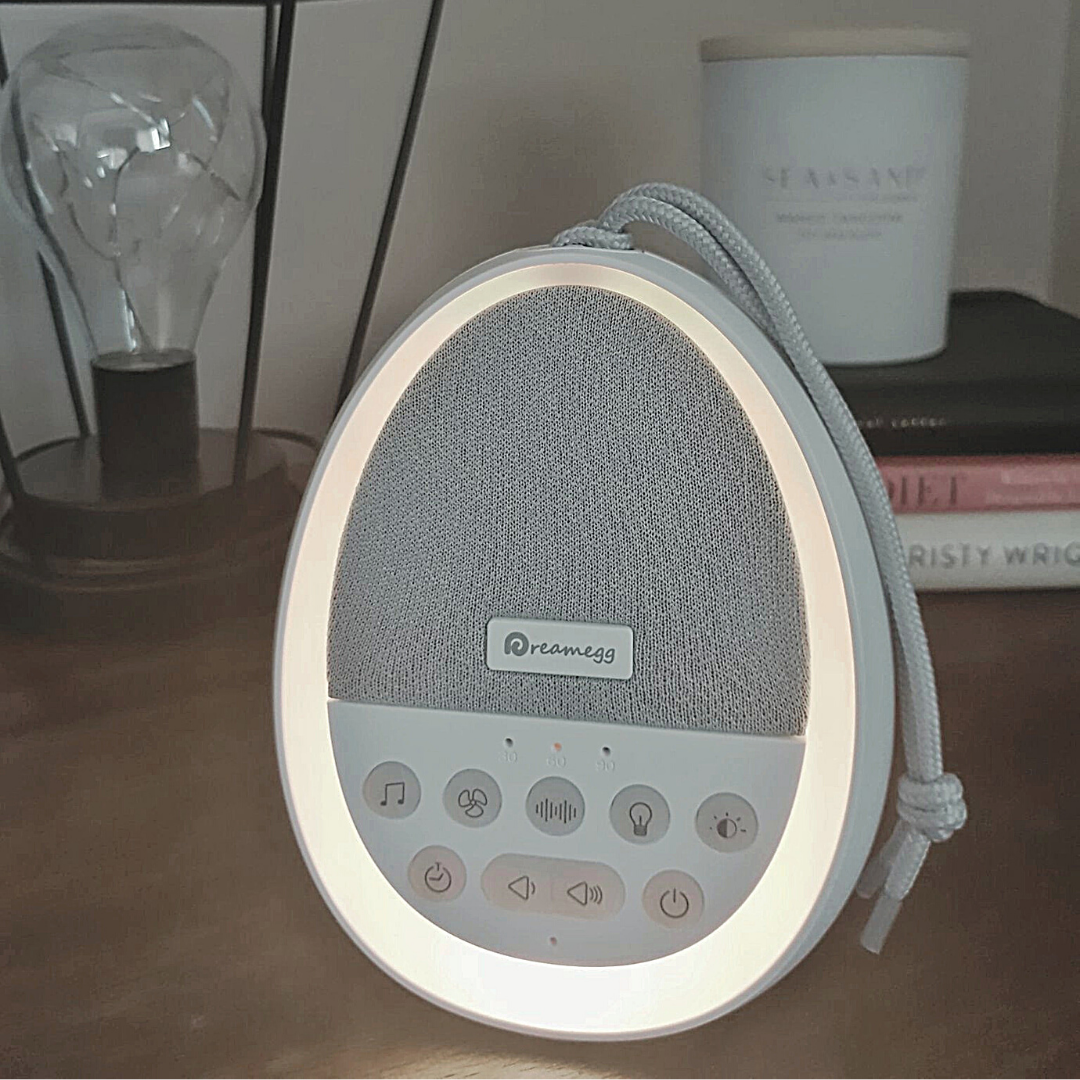|
|The theme for this month on the blog will focus on exploring the mental health concern of depression. As a therapist, I have personally worked with many individuals who have experienced the difficulties associated with depression, and have heard the pain and suffering that can accompany this mental health condition.
I have also witnessed the strength, resilience and triumphs associated with being able to work through symptoms associated with depression. Through a series of blog posts, I hope to shed some light and understanding on the symptoms, causes and treatments available for depression.
This blog post will showcase therapists, life coaches, and other helping professionals who have graciously shared their own professional opinion on tips for working through depression. My hope in sharing these tips is to highlight that, although the symptoms of depression can be incredibly tough to endure, there are many ways to cope or options for support, so that an individual experiencing depression does not have to endure this pain alone. Thank you to all of the contributors to this post!
Check back in with the blog each week this month for more information on depression as we dive deeper into this mental health condition, including defining the difference between clinical depression and a general or episodic experience of sadness, causes & symptoms, and a wider exploration of self-care strategies and professional treatments available. MENTAL HEALTH RESOURCE VAULTGreat!Check your email for instructions on how to access the Members Only Resource Vault. Professional Tips for Working through Depression
The following tips for working through depression have been provided by therapists, psychologists and counsellors who have worked with individuals with a clinical diagnosis of depression. Although each helping professional may work from a different therapeutic framework or clinical point-of-view, it's clear to see the care, support and thoughtfulness in every comment.
If you are struggling with depression yourself, or know someone in your life who you are concerned about, I hope that you find these tips useful. Everyone copes differently, so some of the tips shared might resonate with you more than others, and that's okay. If you or someone in your life is experiencing severe symptoms of depression, or feeling unsafe in any way, I encourage you to reach out for more immediate support like from a local crisis call center, or a doctor/emergency room. Start somewhere...
Sarah deMaison, a Licensed Clinical Social Worker from Matthews, North Carolina, suggests "to do the complete opposite of everything you really genuinely want to do! I know it is easier said than done, but if you do not want to take a shower or even brush your teeth, this is when it must be done. Isolation will increase depression. It is imperative to get out of the house, even if it means to just sit right outside the front door of your house for a few minutes. The point is to start somewhere!"
Take small steps...
Andrée-Anne Forest, a Counsellor from Vancouver, British Columbia, suggests that individuals "establish realistic expectations for their goals and desire to work towards improvement; to work on the mindset and to take small steps."
Pay attention to your patterns...
Alessandra Braun, an Associate Clinical Social Worker from Eastsound, Washington shares: "My #1 tip for managing depression is to catch it before it spirals, which depression is known for. Pay attention to your patterns, because I promise, you have them. When do you notice you JUST start to feel badly or down? How do you feel it in your body? What do you do (do you have a specific behavior i.e binge watch Netflix, grab a tub of ice cream, isolate, have the urge for self harm)? What do you start thinking about? Notice your pattern. And catch it before it begins to spiral. It is a LOT harder to feel better when you are depressed when you are at the bottom of the spiral than when you are at the top.
Noticing, acknowledging your feelings, and being proactive rather than succumbing and feeling helpless. So what do you do once you do notice and acknowledge that you are starting to feel badly? What makes you feel good? Do it. Keep a running list of positive things about you on your phone and each time you are at the top of your spiral, look at the list and add one more thing to it. Keep a running list of people in your life that love you and if you really need to, reach out to one of them. Stretch. Do something that is on your self care list (if you don’t have one, make one!) that you know will at least keep the spiral from deepening for the moment." Write down your thoughts...
Radesh Krishan Suri, a Clinical Psychologist from Delhi, India comments: "Concentrate on present day affairs, and complete each task by breaking [them] into small pieces. The thoughts distracting you from focus [can] be put on piece of paper and should be ranked in order of preference; all irrelevant thoughts disturbing the mind [can now] be set aside. Spend time in relaxation and strengthening relationships by constantly working on them".
Extinguish negativity, set boundaries & goals...
Kaila McAnulty, a Registered Clinical Counsellor from Prince George, British Columbia shares three tips: "1) Take the unnecessary negative out of your life. I say unnecessary because you can't completely avoid unfortunate events but there are some things you can remove. Media can negatively impact our moods. No one likes those sad pop ups of animal abuse so block them or avoid social media as much as possible. Negative people will suck you dry. Sometimes it is impossible to completely avoid these people (especially if they are family), but you can set up boundaries. This leads me to my second suggestion.
2) Boundaries. You may not be able to avoid your Debbie downer sister or your nagging in law but you can set up boundaries. Limit the amount of time spent with them or the frequency of social interactions. Be firm with your boundaries because only you know how much you can emotionally handle. 3) Set goals. Research has proven that even just the act of writing down a goal improves our self worth, our well being and our self esteem. So think if you actually were able to work at them and even accomplish them. Start small and realistic. For example: My goal is to read one affirmation before bed every day this week. My goal is to drink 6 glasses of water today. Aim for goals that will help your overall wellness. 3) Lastly, when ready I suggest the 3 goal challenge. You can set it up any way you like and you can decide to do it every day, every week, every month or whatever fits your needs at this time. You basically create 3 goals for a certain time period. One to do something that makes you happy, one that makes you healthy and one that makes you laugh. So for me I chose to join a mommy group once a week (makes me happy), to do dance/pilates 2x a week (healthy) and to set aside at least an hour a day to spend directly with my kids with no electronics (they make me laugh)." "Always find a reason to laugh. It may not add years to your life but it will add life to your years." ~ Author unknownFind what works for you...
Nathalie Bonilla, a Life Coach from Billings, Montana, has shared a personal account of conquering depression and anxiety on her blog, and writes: "When it comes to figuring out what coping strategies will work best for you, it can be a long process of trial and error. You just need to keep pushing on, though. Don’t give up because it’s hard. Improved, stable mental health is well worth the time and energy investment."
Spend time in nature...
Gina Della Penna, a Licensed Mental Health Counselor from Garden City, New York writes: "One of the things I recommend to people who are struggling with depression is to step outside and spend time in nature. There are several reasons for this. First, when we spend time outdoors, it helps us connect to something larger. It broadens our focus beyond the narrow mindset that can accompany depression. Secondly, many outdoor settings provide a calming effect on the nervous system: the ocean beach, the shaded forest, the green expanse of a park. The sensory experience of being outside can help mitigate symptoms of depression.
Finally, exposing ourselves to sunlight can be vital to our health and well-being. Daylight helps send a message from our eyes to our brains to indicate it is time to be awake and active, which can counteract the lethargy that's often caused by depression. Conversely, this helps the brain to make us sleepy once it is dark. And sleep has a huge impact on mood. Also, our bodies need sunlight in order to produce Vitamin D and when there is a deficiency, people can experience symptoms of depression. Please note, that you don't have to make a special effort to go to very far. Even sitting in your yard, or if in bad weather, sitting by a window can be beneficial." Find strategies that help you to cope...
Alishia Ladak, a Clinical Counsellor who provides online and telephone therapy, shares four uplifting strategies to help you cope with the symptoms of depression: "1) Get enough sunlight: Getting enough Vitamin D is very important for combatting depression. A lack of sunlight can actually make depression worse. So get out there! Go for a walk, get a cup of coffee and take in that sun.
2) Be Social and Connect: Staying connected to friends and family can actually help individuals to work through depression and feel supported. Sometimes forcing yourself to get out there and be around others is the last thing you want when you are feeling depressed but the best thing for you. 3) Relax: Yoga, Meditation and breathing relaxation exercises can go a long way to reduce stress and combat depression. Even if you only have 5 minutes free, take that time to relax. 4) Exercise: Just a little bit of light or moderate exercise a day can help to work through depression. It helps to release dopamine and serotonin which are essentially happy hormones! Change is possible. A better more fulfilling life is possible. Take a step in the right direction today and make that commitment to yourself that you will make one small change. It could be 2 minutes of meditation everyday or a 15 minute walk on your lunch breaks. You can do it!" Reach out for more help...
Diana Herriott, a Certified Life Coach from Glendora, California suggests to "work with someone who can help the individual find their own causes for depression and use that to guide them to find their own potential solutions and tools to cope and resolve."
View the therapy room as a safe space...
Joel Schwartz, a Post Doctoral Psychological Assistant shares from the viewpoint of the therapist: "To treat depression authentically means one must honor the message of the depression and dwell in the depths of darkness with one’s client. The therapist must see the source of the pain, and mourn it along with the client. It is okay to let the feelings wash over us and to cry along with our clients. That validation is necessary. It signals that the therapy room truly is a safe place to let the vulnerable and scared parts of oneself emerge.
Once the source of pain has been identified, it is important to empower our clients to creatively cope with the pain. This may mean helping them alter their path. In cases where the path is unalterable or the pain is from an immutable source, tapping into the natural creativity of the client or fostering connection among similarly feeling others are essential."
A sincere thank you to all the contributors of this post - share your comments below if you personally found any of the tips helpful, or if you have a coping strategy of your own that you would like to share with others who might find it useful, as well.
*Some links on this page are embedded with affiliate links that I may be compensated for at no additional cost to you.
2 Comments
That's something pretty helpful to overcome the zone of depression which is frustrating. I have seen people around me who start living their own circle of life where no one is allowed to interfere. I think these professional tips for working through depression is a great help.
Reply
3/9/2017 09:46:58 pm
Hi Arfa, I'm so glad you enjoyed the post! I love quotes so I include a lot of them in my blog posts.. this one happened to come from one of the professionals that shared on this collaborative post. Laughter really is the best medicine, hey! :)
Reply
Your comment will be posted after it is approved.
Leave a Reply. |
Welcome to the blog!↓ That's me, Heather. :)
MENTAL HEALTH RESOURCE VAULTGreat!Check your email for instructions on how to access the Mental Health Resource Vault. Categories
All
Popular Posts// 25 Positive Mindset Quotes
// Self-Care Bullet Journal Spreads // 7 Ways Your Physical Health is Connected to Your Mental Health |





 RSS Feed
RSS Feed
















